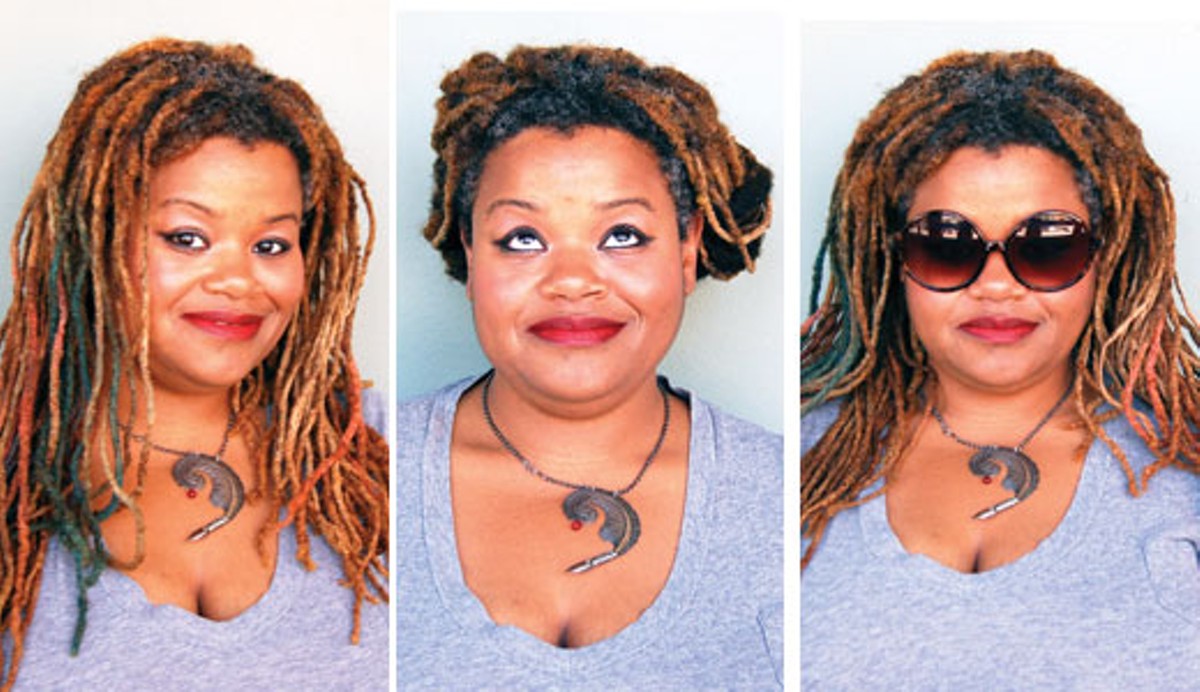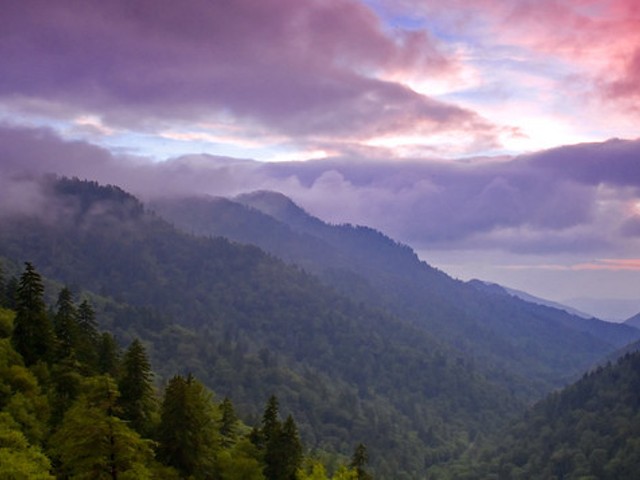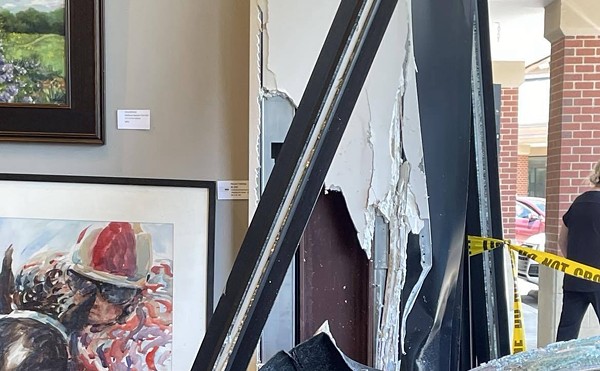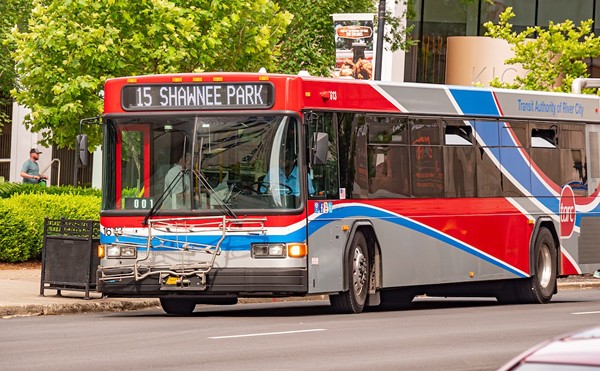Our world is turbulent. With the election of Donald Trump, and the wave of harassment across the nation in his honor, it is natural that we who envision ourselves a beacon of hope should fall into widespread states of sadness. We are faced with an egregious identity crisis.
Who are we in America? Is America truly the dark, ugly place shown to us in the rash of hate crimes and hateful speech from the now top levels of our government to the likely nasty comments this column will elicit?
We have begun the autopsy, examining what we expect from ourselves and why this disconnect exists. We are trying to reconcile what we claim we are with who we actually show ourselves to be. To that end, I’m not surprised that we are digging ourselves into holes and hiding away in caves, struggling to leave ourselves room for air.
We have, in some sense, lost the ability to see ourselves authentically. We can blame this on the constant diet of American exceptionalism. We’ve been made to believe that we really are Ronald Reagan’s “shining city on a hill.” Instead of seeing ourselves as an equal partner to our global brethren, we’ve lifted ourselves above all else and given ourselves a very high place from which to fall. The pain of that will be greater in the coming years.
Uncertainty is scary. The beacon that is America is tarnished and in the most embarrassing of ways. We elected a buffoon, who needs the opposition’s president to handhold him through the process of setting up his administration. He thought he got to keep the staff — that they came with the manor like slaves. It is unthinkable that we’ve given the reigns to a giant orange child.
With all that has happened in our world in recent months, it is instrumental to allow ourselves the time to mourn, and time to ignore the anger of internet trolls. Self-care is personal, necessary and radical.
But it is tough for me to admit that I’m not always strong.
I was raised with the “never let them see you sweat,” attitude — to never let the negative have power. It’s a great idea — to be an oak against a storm — but it isn’t always true, and not always helpful. Sometimes being weak is the strongest thing that one can do. When depression gets in, and sets up residence, perhaps trying to evict it might prove unwarranted.
In Bruce Rogers-Vaughn’s article, published in Pastoral Psychology, “Blessed Are Those Who Mourn: Depression as Political Resistance,” he considers that the depression we suffer is more than a disease that requires a cure. He writes that, as far back as biblical writings, depression was not a weakness but a blessing and a reflection that the mourning wasn’t sickness but directly related to the state of humanity and politics. It had a voice. It spoke our pain, concerns and vulnerabilities.
If humanity is widely hurting, some will become depressed, or mourn. Vaughn calls it, “the despair that bears witness.” When we allow ourselves reflection time, whether by choice or by the force of the depressive state, we often become more insightful — to some degree, better.
Rogers-Vaughn does not suggest forgoing treatment, if it’s needed. However, looking at depression as a political response to the late capitalist/neoliberal climate, allows it, to some degree, to regain its voice as a refusal and not just moroseness. This refusal leaves the political alone to prove itself and own its failures.
Political economy professor Robert Skidelsky posited in his Guardian article, “Trumpism could be a solution to the crisis of neoliberalism,” that the election of Trump could pose neoliberals the challenge of reassessing their obsession with deficits, debt reduction and the protection of the wealthy. It could expose the failures.
Perhaps Skidelsky is correct. Perhaps Rogers-Vaughn is also correct. We have Trump and now we have to address America — ourselves — in the age of his presidency. To do that, we have to allow time to mourn the loss of our exceptionalist innocence.
So we cry if we must. We find solace in the arms of our fellows and relax a bit knowing that there is still beauty even amidst the jagged pieces of our seemingly broken selves. We are having a natural response to a cataclysm.
We are the calm before the next storm.







